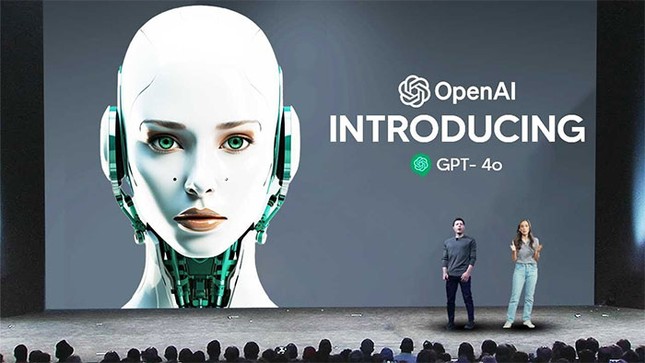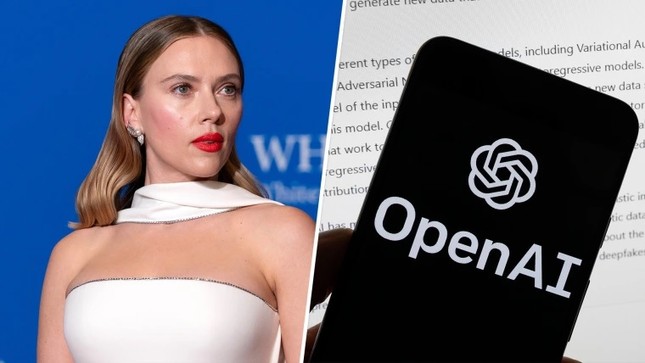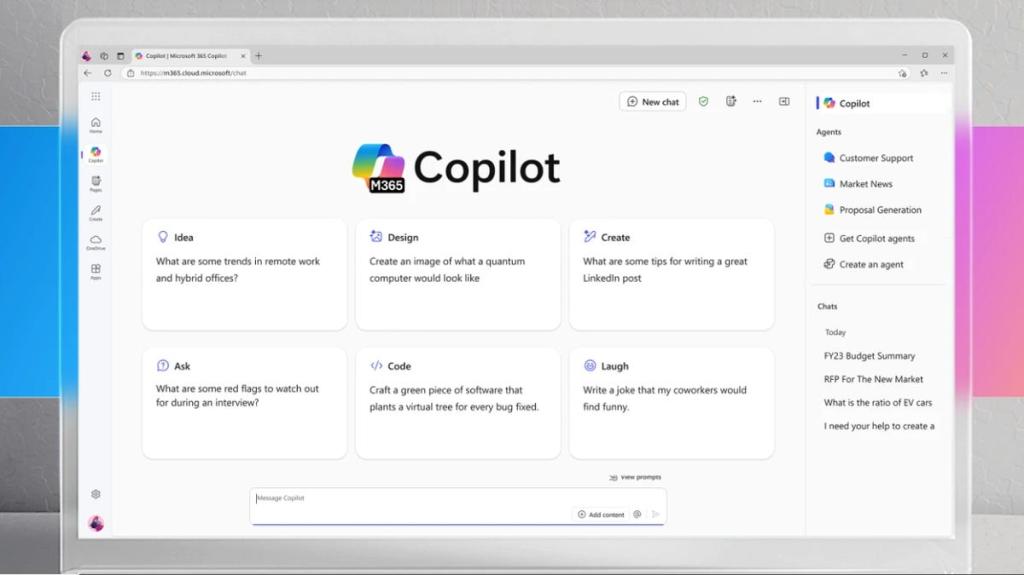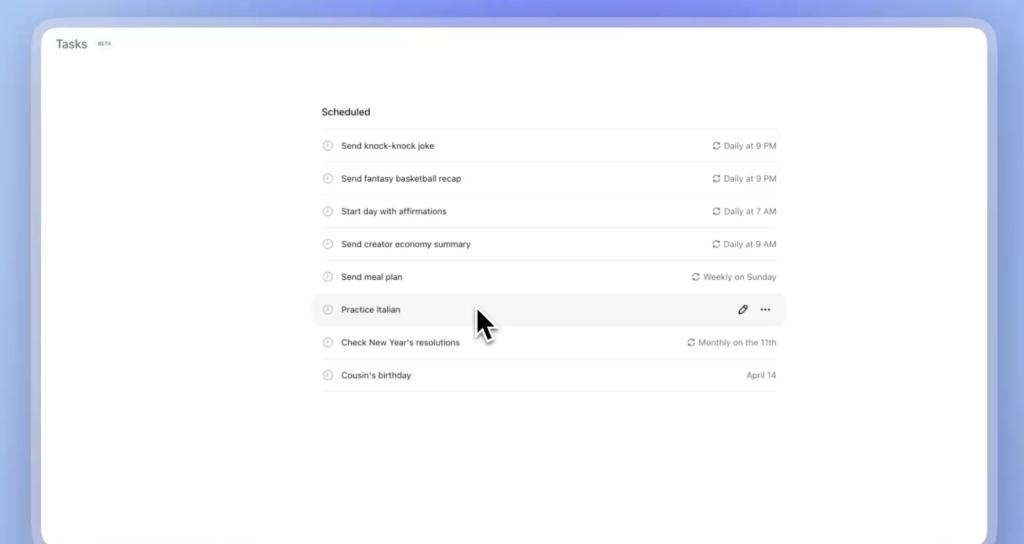Revolutionizing Conversations with ChatGPT's Advanced Voice Mode
Experience the future of interactions with ChatGPT's Advanced Voice Mode, offering natural speech, emotional engagement, and multilingual capabilities for enriched conversations.

Key Points
- OpenAI
's Advanced Voice Mode enhances
ChatGPTinteractions by allowing natural, real-time conversations with emotional awareness.
- The feature supports over 45 languages, making it an invaluable tool for language learners through immediate feedback and pronunciation correction.
- Strict safety measures ensure that the technology operates ethically by preventing the generation of violent or copyrighted content.
The way we interact with technology is evolving at an astonishing pace. With the recent launch of ChatGPT's Advanced Voice Mode, OpenAI is taking conversational AI to new heights, allowing users to engage with their digital assistant through more natural and expressive voice interactions. Designed to replicate the nuances of human conversation, this innovative feature could reshape how we think about interactive technology.
A Leap Forward in Conversational AI
Previously, voice interactions with digital assistants felt somewhat robotic. With the Advanced Voice Mode, however, users can expect a more lifelike experience. This new functionality is built on the capabilities of the GPT-4o model, which integrates text, audio, and image processing, allowing ChatGPT not only to understand what you're saying but also to engage with you in a manner that feels genuinely conversational.
The most notable change is the ability to interrupt the AI, redirecting the conversation as it happens. This feature enhances the interactive experience, making conversations feel more organic. For instance, when an early user tested the new mode, they experienced ChatGPT responding with laughter and varying its tone based on the context of the conversation. Imagine having a chat where the AI responds to your emotional cues, just like chatting with a friend.

Exploring the Features and Limitations
While the Advanced Voice Mode has garnered much excitement, it isn't without its quirks. For example, during initial trials, users noticed that ChatGPT sometimes mimicked their accents or tones, especially in noisy environments. This showcases the AI's advanced learning capabilities but also highlights the challenges it may face in understanding audio distortions.
OpenAI has been cautious with the deployment of these features. Following feedback about the initial demo, which featured a voice reminiscent of actress
, OpenAI decided to remove that specific voice due to concerns about likeness and copyright issues. Instead, users currently have access to four predefined voice options—Juniper, Breeze, Cove, and Ember—crafted to provide a balanced and varied interaction experience.

Connecting Across Languages and Emotions
Another impressive aspect of the Advanced Voice Mode is its multilingual capabilities. OpenAI has tested the model in over 45 languages, allowing users from various linguistic backgrounds to engage effectively. For instance, during a demo, ChatGPT was able to tell stories and correct pronunciation for users learning languages like French and Turkish, demonstrating its versatility.
This feature could be profoundly impactful for language learners, providing them with a conversational partner capable of offering real-time feedback and emotional mirroring. Users have reported that hearing the AI laugh or express discomfort enhanced their engagement and comfort levels, vital elements in language acquisition.

Voices of Safety and Responsibility
With great power comes great responsibility. OpenAI has implemented various safety measures to ensure that the Advanced Voice Mode operates within ethical boundaries. The model is designed to recognize and block violent or copyrighted content. This is particularly important in today's digital age, where the potential for misuse of AI technologies is prevalent.
The company aims to prevent any potential backlash by constraining the outputs to avoid violating anyone's likeness or intellectual property rights. This foresight indicates OpenAI's commitment to developing technology responsibly, balancing innovation with ethical considerations.

In summary, OpenAI's Advanced Voice Mode represents a significant advancement in interactive AI technologies. By focusing on natural conversations, emotional awareness, and multilingual capabilities, this feature aims to make interactions with ChatGPT more human-like and engaging. As it continues to roll out, both the tech community and general users remain keenly interested in how this transformative tool will reshape our interactions with artificial intelligence.


